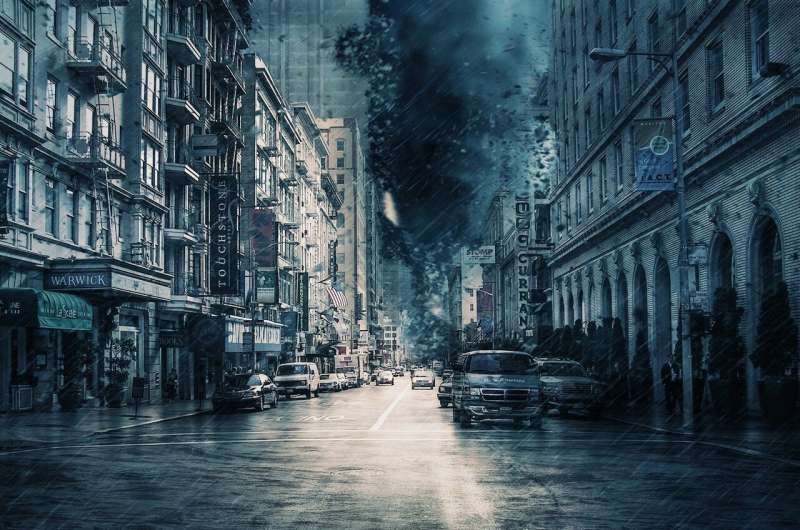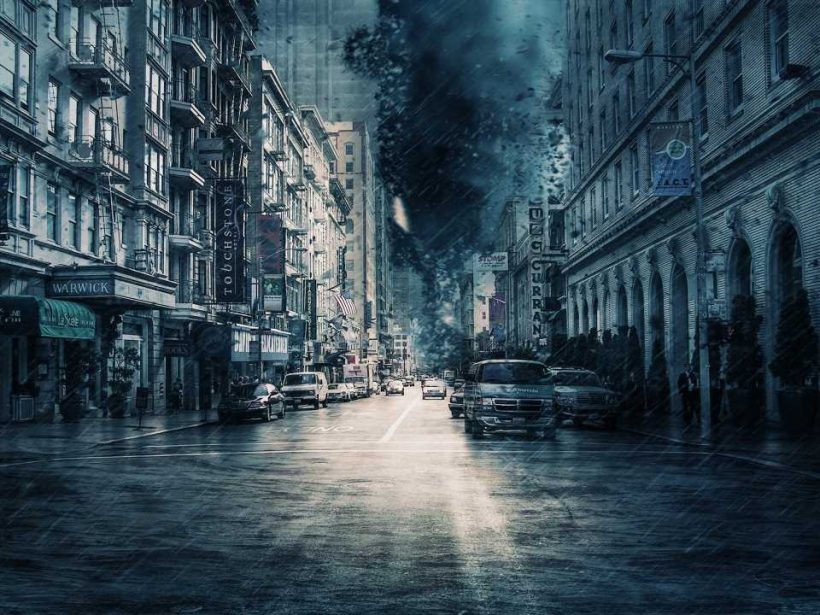
Construction workers, clean-up staff and other untrained non-traditional emergency employees who assisted in recovery efforts at the World Trade Center in New York following the terrorist attacks on Sept. 11, 2001, are more than five times as likely as traditional first responders to have considered suicide, according to a Rutgers study.
In an analysis of more than 30,000 World Trade Center emergency responders, researchers found 12.5 percent of non-traditional workers—people whose job descriptions don’t include responding to disaster—have expressed suicidal ideation in the years after their work at Ground Zero, compared with 2.2 percent of police, firefighters and EMTs.
Published in the Journal of Affective Disorders, the study is believed to be the first to examine the prevalence and connection of thoughts of suicide in two occupational groups that participated in rescue, recovery and clean-up efforts following the 9/11 attacks on the World Trade Center.
“Our findings underscore the continuing burden of suicide ideation in Ground Zero responders, particularly non-traditional responders,” said Iris Udasin, director of the Center of Excellence at Rutgers University for the World Trade Center Medical Monitoring and Treatment Program and a co-author of the study. “It also provides a more nuanced understanding of the risks associated with responding to disasters without adequate training.”
As part of standardized surveys administered by the WTC Health Program, disaster responders were asked how often they are bothered by thoughts of death or of hurting themselves. Researchers used the data to postulate several factors to explain the increased prevalence of suicidal ideation among responders who were inadequately prepared for what they experienced.
Many non-traditional responders were day laborers—young people with limited family support systems—who needed help to navigate these suicidal thoughts. The Rutgers study also found that after 9/11, non-traditional responders had fewer opportunities to assume less strenuous work, raising the risk of financial hardship and depression. A police officer who developed asthma from working at Ground Zero, for instance, might be able to shift to desk work, but someone whose job demands physical labor might have a more difficult time adapting to less strenuous activity.
Udasin said another explanation for the discrepancy is that traditional first responders may be reluctant to answer questions about their mental health because of the professional stigma that can arise.
According to Udasin, lessons learned from the study should be applied to future disaster responses—from a tsunami in the Philippines to the war in Ukraine.
Source: Read Full Article






